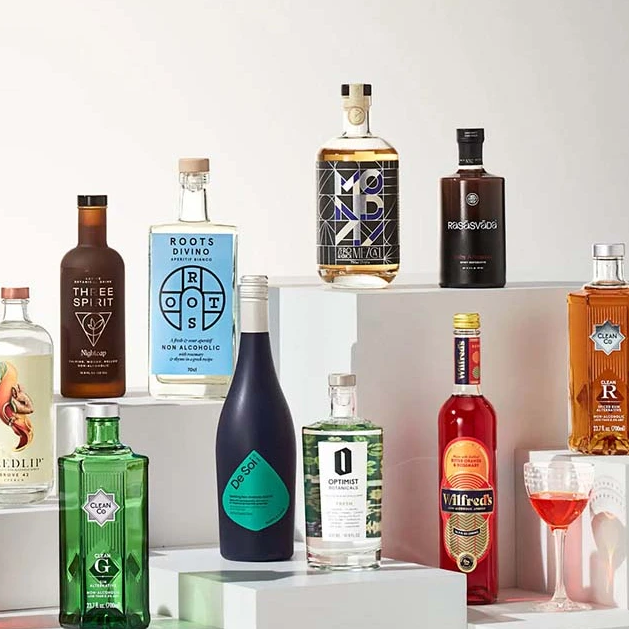As the sober movement gains traction, zero-proof spirits are popping up everywhere. From Ritual’s gin alternative to Monday’s zero-alcohol whiskey, it seems like there’s an alcohol-free alternative for nearly any spirit you could want. As exciting as that is, it can also lead to some questions. How are these spirits made? What are they used for? And why can they be so pricy!?
Luckily, we have a lot of experience with alcohol alternatives here at Raising the Bar. Here’s our crash course on everything you need to know about zero-proof spirits.
First of all, what does “zero-proof spirit” even mean? A spirit is classified as any distilled beverage containing ethanol or ethyl alcohol. By definition, it can’t be non-alcoholic, but a new wave of sober spirits is challenging that idea. These new zero-proof spirits are inspired by classic liquors, and have found a way to maintain the flavors that people know and love without retaining the alcohol content. So, how do they do it?
Many sober spirits are crafted using a reverse distillation process. This means that the base of the spirit is made using traditional high-proof ingredients, the same way that one would make an alcoholic spirit. After that initial distillation, the ingredients are then distilled a second time to separate out the ethanol. This leaves them with a flavorful and authentic-tasting spirit free from any alcohol. Many brands, such as Spiritless, then mix in their own unique blend of ingredients that mimic the flavor of alcohol, such as oak and cinnamon, to make sure that their spirits taste as authentic as possible.
Other brands, like Ritual craft their zero-proof spirits from the ground up, which means that alcohol is never a part of the equation. They craft their own signature blend of botanicals to match the flavor of traditional spirits.
Because of this intensive process, many zero-proof spirits fall at a similar – over even higher price point than typical alcoholic spirits. Finding production facilities that are willing and able to put batches through the reverse distillation process isn’t an easy task. Add on sourcing unique ingredients, packaging, distributing, and marketing the product, and you already have a pretty hefty price tag. But really what it comes down to is quality.
Unlike with alcoholic spirits, there’s no buzz for you to chase after. If you’re reaching for something non-alcoholic, it’s because you’re looking for a great taste and the ritual of crafting a cocktail. This means that zero-proof spirits have to put even more effort into securing high-quality ingredients and turning out a flawless product.
Although the process is different, the end result is ultimately the same. Zero-proof spirits can be enjoyed on the rocks, or mixed with your favorite ingredients for a sober spin on a classic cocktail. Either way, it’s the perfect way to celebrate an occasion – or just to treat yourself!

